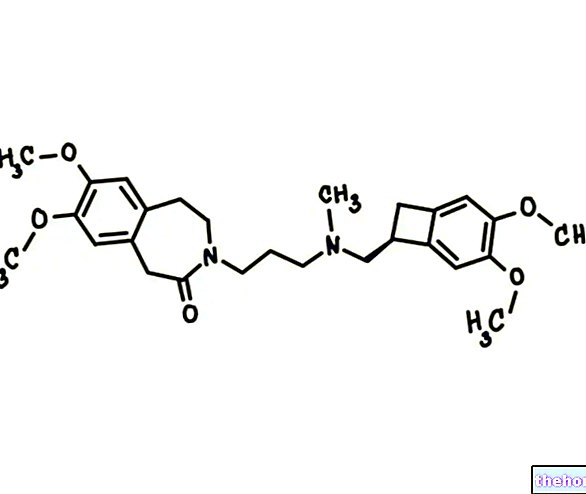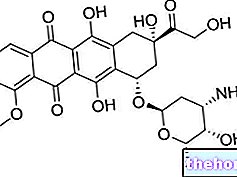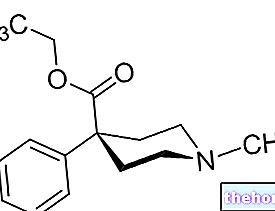Definition
Hepatitis B is an inflammatory disease of viral origin, which involves the liver by altering its functionality.
Hepatitis B can occur in both acute and chronic forms. Usually, the acute form is self-limiting and resolves itself, while for the chronic form it is necessary to resort to the use of drugs.
Causes
Hepatitis B is caused by a DNA virus belonging to the Hepadnaviridae family: the hepatitis B virus or HBV.
HBV is transmitted through the blood or body fluids (such as vaginal secretions and semen) of infected individuals.
Those exposed to a greater risk of contagion are certainly drug addicts who often use used syringes (perhaps from infected people) to inject drugs, people who have unprotected sex and health and emergency personnel who can easily enter contact with patients' blood and body fluids. In addition, infants whose mothers have hepatitis B can contract the infection during delivery.
Symptoms
Most individuals with hepatitis B show no symptoms of any kind. In the case of symptomatic hepatitis B, however, nausea and vomiting, weakness, fever, loss of appetite, muscle pain, abdominal pain, dark urine, light stools and jaundice may occur.
In adult patients, hepatitis B usually occurs in an acute and asymptomatic form and tends to self-resolve. In children, on the other hand, the hepatitis B virus can cause chronic infections more easily than in adults. Chronic hepatitis B can lead to dangerous complications, such as cirrhosis, fibrosis, liver failure and liver cancer.
The information on Hepatitis B - Drugs for the Treatment of Hepatitis B is not intended to replace the direct relationship between health professional and patient. Always consult your doctor and / or specialist before taking Hepatitis B - Drugs for the treatment of " Hepatitis B.
Medicines
The use or not of drugs for the treatment of hepatitis B depends on the form in which the disease presents itself.
In fact, the acute form of hepatitis B usually does not require any type of therapy, since the immune system is able to eradicate the virus independently. Despite this, patients with acute hepatitis B must still keep the course of the disease under control by means of appropriate analyzes and must introduce small changes in their lifestyle.
More specifically, this category of patients must adopt a balanced diet rich in light foods, avoiding hyperlipidic foods and alcohol, drink plenty of fluids and rest. For further information: Diet and Hepatitis
The issue is different, however, for patients with chronic hepatitis B. In this case, in fact, it is necessary to resort to the use of drugs, such as antivirals and immunostimulants, even if it is not always possible to completely eradicate the infection.
The following are the classes of drugs most used in the therapy against chronic hepatitis B and some examples of pharmacological specialties; it is up to the doctor to choose the active ingredient and the dosage most suitable for the patient, based on the severity of the disease, the state health of the patient and his response to treatment.




























